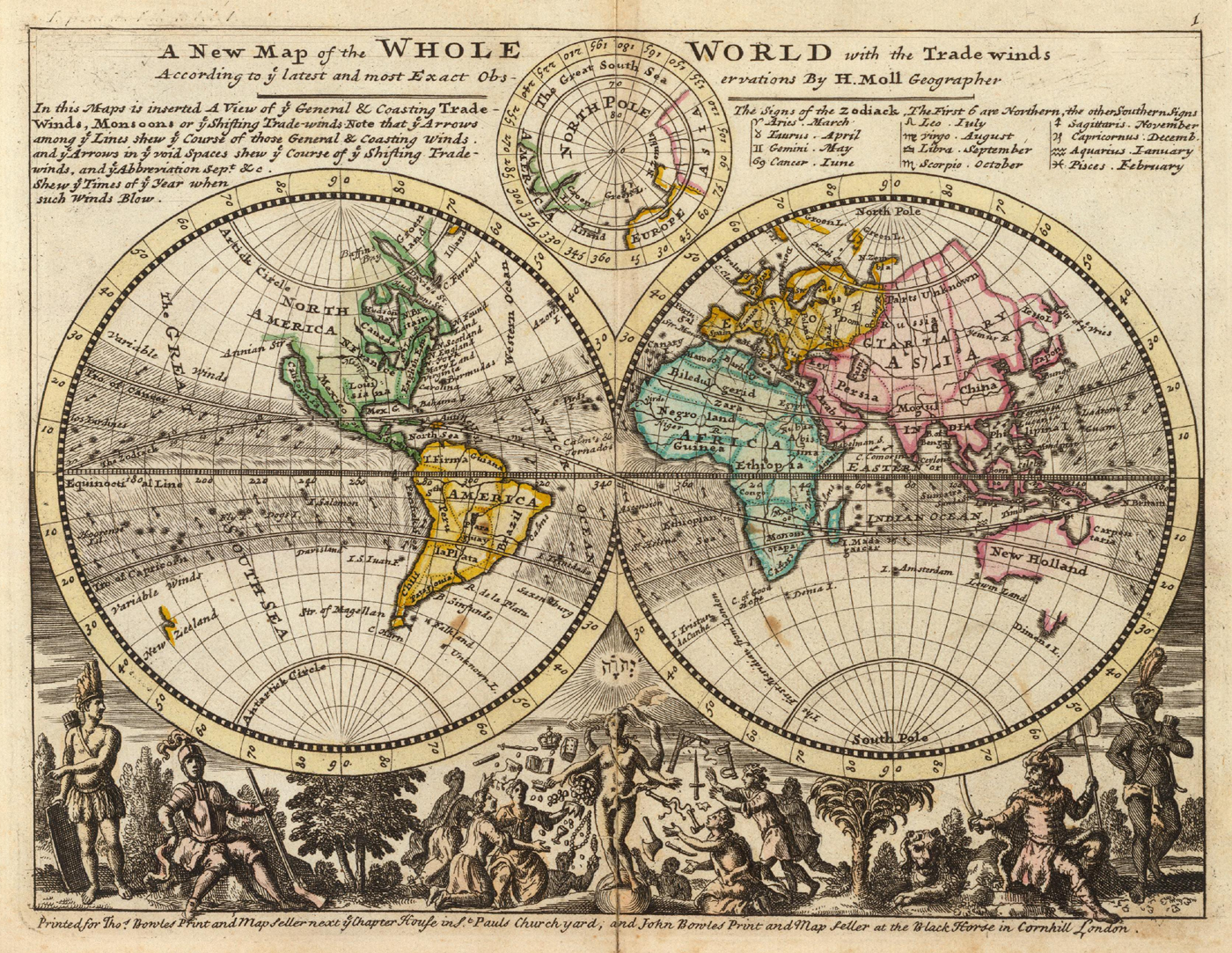
The eighteenth century was a period in which the expansions of global trade networks and scientific exploration resulted not only in the emergence of modern capitalism, but similarly in the movement of people and cultural artefacts across national and international borders. It was an age in which Europeans developed a fascination for Chinese and East Asian artistic traditions, and in which the travel narrative emerged as the most popular genre of literature next to the novel. Philosophers resurrected the ancient Greek concept of the kosmopolites to refer to citizens of the world, with Christoph Martin Wieland using it in 1788 to define humanity as so many branches of a single tree, and Immanuel Kant proposing a cosmopolitan law as the treatment of individuals as human beings rather than as citizens of the state. At the core of these ideas is that we have obligations to others, and that we take seriously the value of human life, as well as the various practices and beliefs that give these lives significance. Yet whilst most of the English-language narratives of cross-cultural encounter during this period were written by British travellers and voyagers, it was also the case that those from other lands wrote of their experiences in contact with British subjects, either those forcibly displaced from their homeland via the Transatlantic slave trade, or those observing the incursions into India by the British East India Company, formed in 1600 as a monopolistic trading company but gradually consolidating its political and imperial power around the turn of the nineteenth century. This course will examine the writings of eighteenth-century Afro- and Indo-politans who variously attempt to explain the cultures of their homelands (either in the service of abolition or as subtle contestations of imperialism) to an English-speaking audience. Students will be asked to consider to what extent these writers reconceive a cosmopolitan existence as an obligation to human life, and to what extent they imagine and negotiate the various dimensions of intercultural contact, hospitality, globalisation and the emergence of modern capitalism.
A course reader will be made available on Moodle prior to the beginning of semester.
Set Texts:
Equiano, Olaudah. The Interesting Narrative and Other Writings (Penguin Classics)
Hamilton, Elizabeth. Translation of the Letters of a Hindoo Rajah (Broadview Editions)
Mahomet, Dean. The Travels of Dean Mahomet (University of California Press)
Sancho, Ignatius. Letters of the Late Ignatius Sancho, an African (Broadview Editions)
- Trainer/in: Jennifer Wawrzinek
